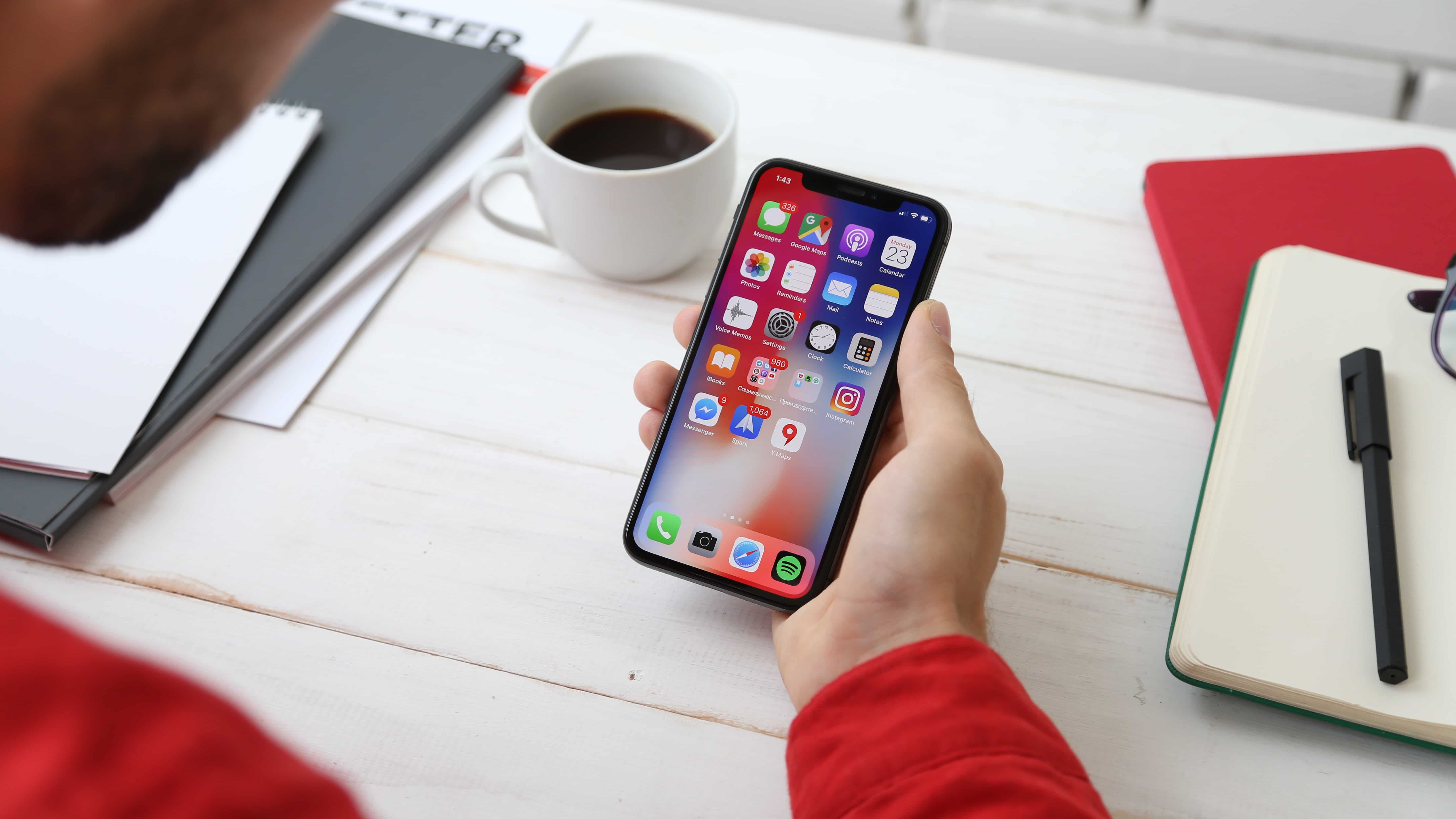As a freelancer, your finances can be irregular and unpredictable.
Monthly income will fluctuate, invoices won’t always get paid on time and your tax bill will only be confirmed and paid after year-end. There are no guaranteed benefits like sick pay and holiday days and it’s up to you to find your own clients and set your own rates.
Managing these aspects of being a freelancer is an ongoing process that requires time and organisation. But keeping on top of your finances will allow you to make informed decisions about your work, save you time and money, avoid costly mistakes and – importantly – take care of your mental wellbeing by reducing financial worries.
Ways to keep on top of your finances as a freelancer
1. Keep your personal bank account separate
A separate business bank account will give you a clear view of your business finances and make tax reporting much simpler. Use your business account to receive all freelancer income and pay all eligible business expenses out of.
2. Track your income and get paid on time
Tracking your income will help to ensure that you are earning enough to cover your costs so you can meet your savings goals.
3. Keep a record of expenses and receipts
Get clear on what expenses you can claim as a freelancer. Record and categorise all eligible expenses as they occur or keep a physical or digital copy of all receipts. Recording expenses as you go ensures that none are forgotten, so you will always have an up-to-date view of your profit. You can also estimate your tax bill throughout the year and avoid a painful few days going back over bank statements at year end.
4. Set money aside for tax as and when you get paid
To make sure you have available cash to pay your tax and national insurance bill as a freelancer, it’s a good idea to transfer 25-30% of your income to a separate bank account on a monthly basis, or every time you get paid. You want to avoid using hard-earned savings or taking out debt to cover a tax bill that you knew was coming.
5. Have an emergency fund for periods where work is not coming in
An emergency fund is a must-have if you’re a freelancer. This is because demand for your work may vary throughout the year or clients may cancel at short notice. Aim to have an emergency fund that covers at least three months of your personal and business essential costs, as this will give you valuable peace of mind.
6. Manage your cashflow
Pay yourself a consistent amount regularly into your personal bank account. This will allow you to budget your personal finances with more reliability. In months when you earn a higher amount, allocate this extra amount to your emergency fund.
7. Save when you can
Once money has been set aside for tax and emergencies, plan to save for longer-term goals. You may want to invest in your business, upskill, build your retirement pot or take some holiday.
8. Diarise time to review your finances
Set up a weekly finance meeting with yourself. This will help you to manage any money issues proactively and give you confidence that you’re on top of your business. Leaving your finances unchecked could cost you money longer-term and impact your wellbeing. Use this time to update accounts, chase payments, review your rates or track income and savings goals. Put some form of accountability in place to ensure you don’t skip these sessions.
9. Choose an accounting setup that works for you
Keep it simple. Identify your own accounting requirements and only use (and pay for) software that you need and understand. As a freelancer, you could consider getting an accountant whose expertise can give you assurance and save you time and money.
Seek out best practices from fellow freelancers and online resources. Managing your finances as a freelancer is your responsibility, but you don’t have to do it alone.












